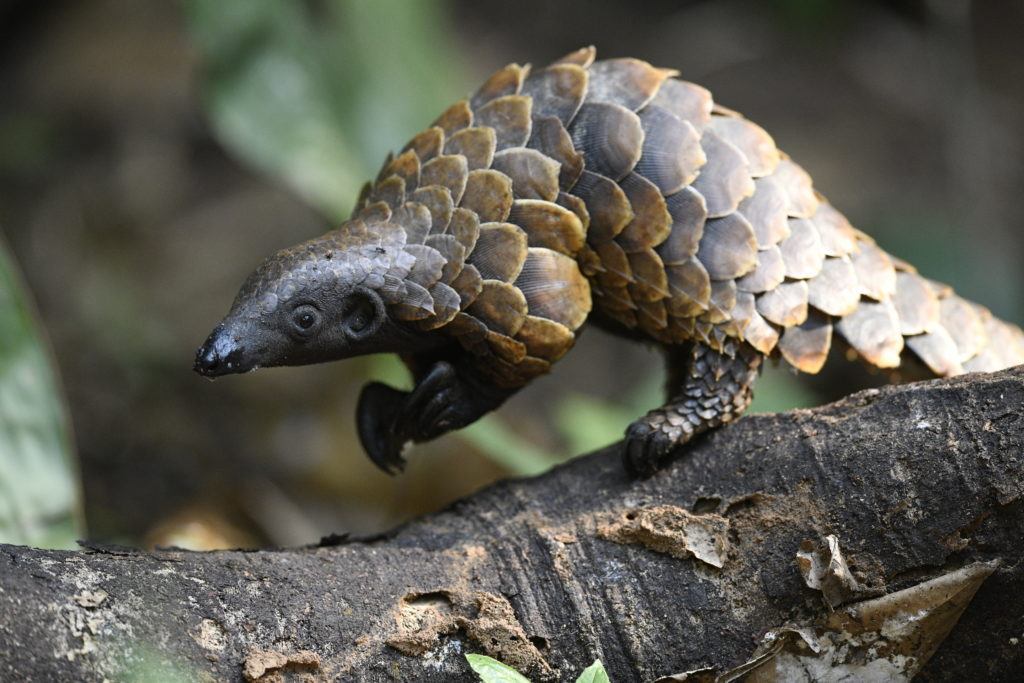The Covid-19 Discussion We Should All be Having

The first few cases of Covid-19 were reported in December 2019 in Hubei province in central China. This virus quickly spread around the world, and as of writing, there are over 884,000 cases worldwide, and that number is likely going to continue to grow.
The World Health Organization officially announced it a pandemic on March 11, immediately causing many countries to introduce mandatory lockdowns and quarantines. Several weeks later many of us find ourselves confined in our homes in an attempt to flatten the curve to mitigate the impact on our health care systems.
Given the volume of research and data being collected about the novel coronavirus, it inevitably will be an evolving case, with answers continually coming in. However, before knowing the full extent of this current pandemic, we can look at past viruses to better understand health crises.
In the past 20 years there have been a total of three pathogenic novel coronaviruses; SARS-CoV (commonly known as SARS) in 2003, MERS-CoV (commonly known as MERS) in 2012, and currently SARS-CoV-2 (commonly known as Covid-19). All three of these novel coronaviruses had one thing in common: they all originated in animals.
A zoonotic disease is when a virus can spread among different species, or more formally known as an inter-species jump. From preliminary reports and genetic analysis, it appears that all three of the novel coronaviruses stem from bat viruses that spread to intermediate animals, such as the civet cat, camel, and pangolin, respectively.
How do these viruses jump between species? Not to get too in-depth with the science here but it mainly boils down to access and ability. In other words, can the virus enter the cells of a new host and once there can it replicate within these new cells? There are many instances and environments that make it easier for viruses to cross species, and one of them is the confinement of animals, which is precisely where Covid-19 emerged from, in a wet market.
Medical anthropologists have identified three major periods of disease and the first was the domestication of animals. For example, the domestication of cows and sheep brought forth their Rinderpest virus which turned into measles once the virus found a human host. As there is a vaccine for measles this virus is typically viewed as benign and therefore doesn’t pose a serious threat, but historically speaking in the last 150 years it has killed over 200 million people worldwide.
Similar diseases have emerged from other domesticated animals, such camels, pigs, and poultry. In addition, there have also been diseases that have emerged from the illegal trading and consumption of wildlife, for example HIV AIDS from chimpanzees.
According to some medical historians, we have now entered the Age of Emerging Plagues, which roughly started in 1975. If the viruses that domesticated animals brought forth have been mitigated by the creation of vaccines, why are there constant new diseases springing up? According to Dr. Michael Greger it is because we are changing the ways animals live. Both domesticated animals and wildlife have had to adapt to changing environments led by us. The expansion of cities and suburbs have caused many habitats to change, the appetite for new and exotic meats have created wildlife farms, and a growing and wealthier global population have increased the demand for meats paving the way for more aggressive industrial scale agriculture.
According to Dr. Greger’s talk where he quotes the W.H.O, “the bottom line is that humans have to think about how they treat their animals, how they farm them, how they market them, basically the whole relationship between the animal kingdom the human kingdom as coming under stress.”
We are currently in a global pandemic, no matter where you are in this world, we are all experiencing the same thing. We are all confined in our homes, under anxiety and stress not knowing who will be the next to fall ill, not knowing how we will cope if we do catch the virus, and not knowing when this will all end.
Never before have we been so united in sharing our fears and experiences. We’ve been advised from our local governments what we need to do to keep ourselves healthy and safe: stay home, maintain more than 6 feet-2 meters from others, not to touch your face and wash your hands frequently for at least 20 seconds.
Shouldn’t we also be digging deep into our lifestyles, specifically our dietary behaviours? If most of these plagues and viruses have stemmed from our treatment towards animals, shouldn’t our behaviour towards them also change? Washing your hands is great, but have you stopped eating chicken?











Comments on this post (2)
http://mewkid.net/when-is-xuxlya2/ – Amoxicillin Amoxicillin sfo.akre.shopinsecta.com.bct.io http://mewkid.net/when-is-xuxlya2/
— henixuvupe
http://mewkid.net/when-is-xuxlya2/ – Amoxicillin No Prescription Buy Amoxicillin Online ggf.viyg.shopinsecta.com.ulz.qd http://mewkid.net/when-is-xuxlya2/
— uedelidod